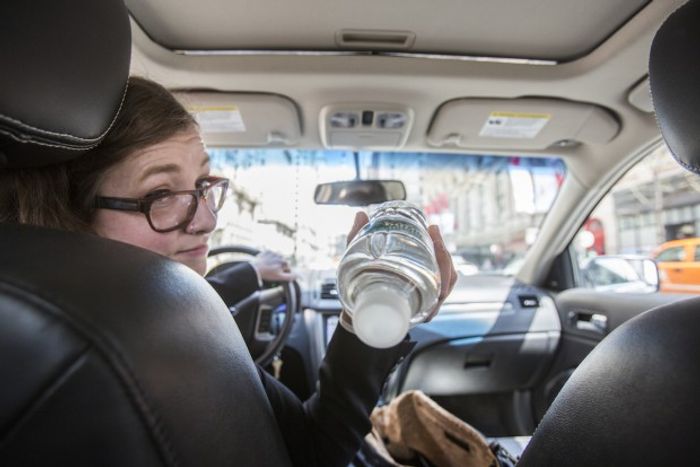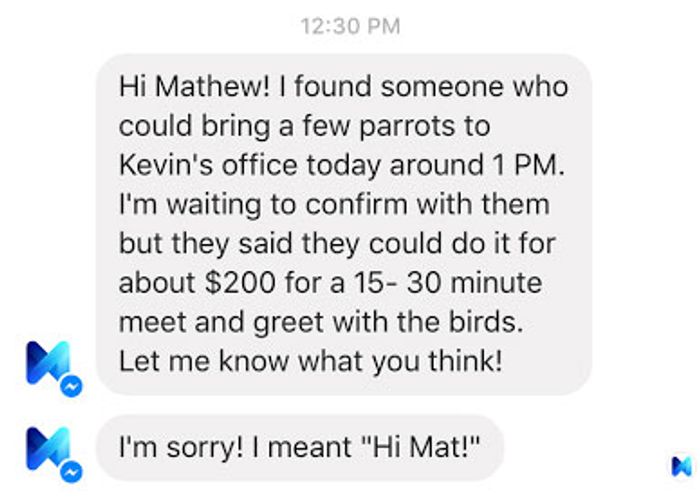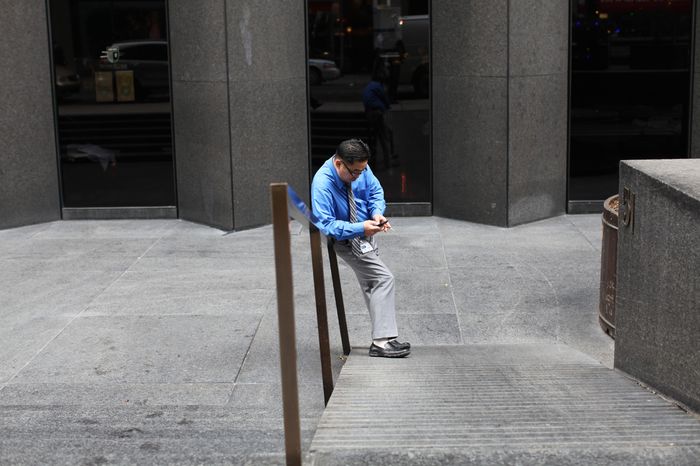Related to yesterday’s post about the tyranny of customer ratings, here’s Emily Guendelsberger writing about her experience driving for Uber.
The Uberpeople forum exists in a state of quivering rage I usually associate with cable-news talk shows. Drivers are furious about everything. Spoiled passengers. Fare cuts. Living in fear of arbitrary ratings. The dumb Spotify thing streaming over the driver’s data plan rather than the passenger’s. A bunch of drivers are even using the forum as a home base to try to unionize in several cities.
But I also find some useful numbers to fill in the vagaries of the training video. For example, I should accept 90% of pings to avoid trouble. I’m also surprised to learn that Uber’s cutoff for driver ratings “below rider expectations” is generally agreed to be only 4.6 stars—I’d had no idea when using Uber as a passenger that rating someone four stars was kind of a big deal.

So what does a 4-star ride look like?
I’ve had a perfect rating for almost a week when I get a ride that I can tell is going to screw it up. I pull up, blocking a one-way street, and throw on my blinkers. After waiting the requisite few minutes, I text the guy. He opens the front door, makes a “one minute!” gesture, then shuts it again. Several more minutes tick by. I finally call, and the guy picks up, giggling. “We’ll be right out!”
When the couple finally gets in, nearly 10 unpaid minutes after I showed up, a cloud of weed stank follows them into my car. I try to hide my irritation. They’re headed to a restaurant in Chinatown I’ve been to a bunch of times, so we chat about that as I drive. Despite this, the stoned guy insists on giving me inefficient directions. When he directs me to turn the wrong way down a one-way street, I tell him not to worry, I’ve got this, and just drive them to the restaurant. The guy sulks.
The next day, my five-star rating has updated to a 4.8.
It’s a good article, and I’m slightly worried that it’s published in a publication that’s been shut down recently.
The website remains accessible for now, but if it were to go offline archive.org won’t have a copy: “Page cannot be crawled or displayed due to robots.txt.”


